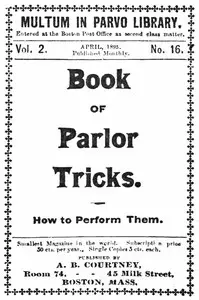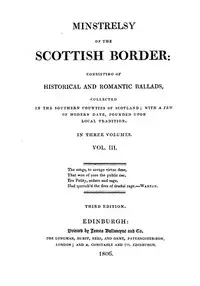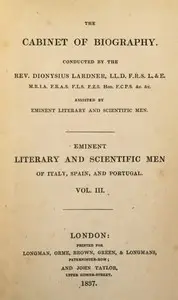"Memoirs of Doctor Burney (Vol. 3 of 3)" by Fanny Burney is a biographical account written in the early 19th century. This work is an exploration of the life of Dr. Burney, a notable physician and musicologist, narrated through the perspective of his daughter, who compiles his memories, manuscripts, and familial documents. The memoirs focus on significant relationships and events in his life, particularly his friendships with literary figures of the time, such as Samuel Johnson. The opening portion introduces Dr. Burney's close friendship with Samuel Johnson, highlighting their emotional last encounters before Johnson's death in December 1784. Fanny Burney recounts poignant moments, revealing Johnson's frail state and intimate discussions they shared, which reflect mutual respect and affection. The narrative offers insights into the societal and personal dynamics of their era, illustrating how literature and friendship intertwined in their lives. Notably, the account also hints at Burney's subsequent engagements and challenges as he copes with loss while navigating his professional commitments. (This is an automatically generated summary.)

Memoirs of Doctor Burney (Vol. 3 of 3) Arranged from his own manuscripts, from family papers, and from personal recollections by his daughter, Madame d'Arblay
By Fanny Burney
"Memoirs of Doctor Burney (Vol. 3 of 3)" by Fanny Burney is a biographical account written in the early 19th century. This work is an exploration of t...
Frances Burney, also known as Fanny Burney and later Madame d'Arblay, was an English satirical novelist, diarist and playwright. In 1786–1790 she held the post of "Keeper of the Robes" to Charlotte of Mecklenburg-Strelitz, George III's queen. In 1793, aged 41, she married a French exile, General Alexandre d'Arblay. After a long writing career and wartime travels that stranded her in France for over a decade, she settled in Bath, England, where she died on 6 January 1840. The first of her four novels, Evelina (1778), was the most successful and remains her most highly regarded, followed by Cecilia (1782). Most of her stage plays were not performed in her lifetime. She wrote a memoir of her father (1832) and many letters and journals that have been gradually published since 1889, forty-nine years after her death.


















